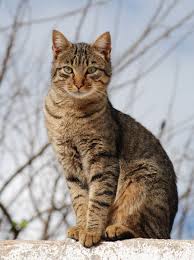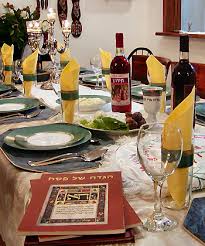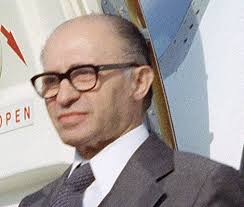Lessons in Life

Shomrei Emunah has a library of Holocaust books, donated by a Holocaust survivor, and from time to time I read one. Alone in the Forest, by Mala Kacenberg, is part of a series put out by CIS Publishers during the 1990s called “The Holocaust Diaries.” Before I tell you a little of this riveting story, I want to dispel the fallacy that if you’ve read one Holocaust book you know the whole story. This is totally wrong, as each autobiography of someone who went through the trauma of World War II and came out alive is unique. This is true because, first of all, each person survived by a different set of miracles. Second, the lessons they learned and passed on to us are unique to their experiences and to their personalities. You can read such a book as an adventure story, with escape from near death on every page, or you can look deeper and take lessons for your own life.










